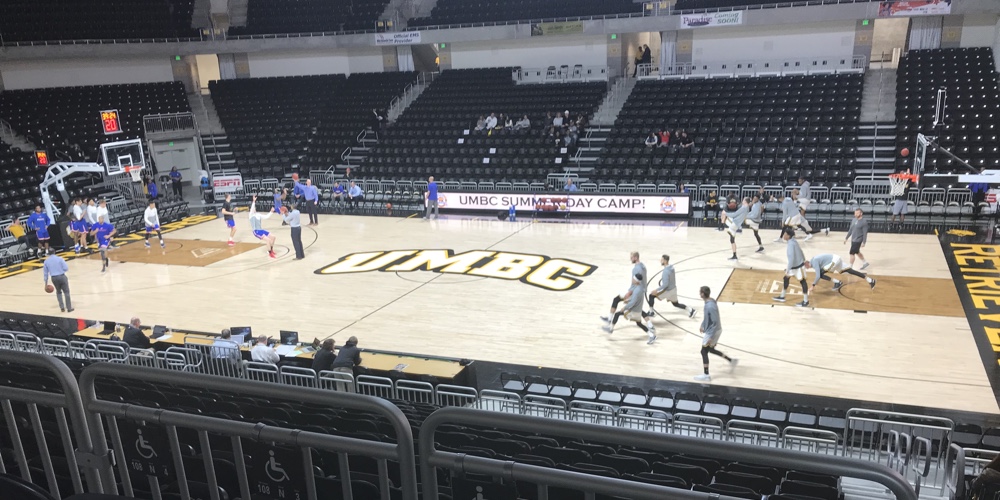The University of Maryland Baltimore County Retrievers provided this year’s March Madness Cinderella story with their win over top-seeded Virginia on March 16. UMBC’s win marked the first time a No. 16 seed defeated a No. 1 seed in the men’s basketball NCAA Tournament.
Not only did a school known for its robust academics pull off an amazing athletic feat, UMBC also had a charming backstory in the way it qualified for the tournament. This March Madness run provided three important business lessons for credit unions.
- Embrace opportunity
The tricky thing about big opportunities is that they’re usually unexpected and not always apparent. When UMBC won their conference tournament to qualify for the big dance, it was declared a miracle. After all, UMBC hadn’t played a spectacular season and nobody expected them to knock off the America East frontrunner Vermont. When UMBC was matched up with Virginia in the first round – not just a regional No. 1 seed, but the No. 1 overall seed – the team could have taken a “just glad to be here” approach. And in a way, it did, as numerous stories reported players had to do laundry because they only brought enough clothes for one game.
But UMBC Coach Ryan Odom and team leaders instead prepared as if the team had a legitimate shot. And they did. They not only beat Virginia, but won easily with a score of 74-54. It wasn’t just that Virginia wasn’t prepared – they weren’t – but UMBC also played magnificently. They made 54% of their shots from the floor, including 50% of their three-pointers.
Lesson: Success is more than just skills. The ability to believe anything is possible and take advantage of every opportunity is just as valuable, if not more. Be fearless!
- Don’t underestimate social media
As much press as the UMBC basketball team received last weekend, the athletic department’s Twitter account was an equally visible star. Zach Seidel, director of multimedia communications and digital for UMBC's athletic department, clearly understands the nuances of successful Twitter engagement and it showed. Credit must also be given to the administrators who gave him the green light to give the account personality. Seidel’s tweets were covered as their own news story on CNN, The New York Times, Yahoo News, USA Today and virtually every sports channel.
Lesson: Social media has changed the way the world communicates. Don’t be afraid to delegate personality and branding in your posts.
Sunday evening, UMBC’s story abruptly ended when it lost to Kansas State University in the second round. This third lesson isn’t about UMBC, it’s about K-State, my alma mater. K-State found itself in an awkward situation Sunday when it faced UMBC, because the Wildcats – or Mildcats, as they’ve been known for decades – are usually the underdog. It was an unexpected change of fortune that could have emotionally derailed the team. However, K-State Coach Bruce Weber and team leaders were able to put the good guy-bad guy narrative aside and focus on the team’s original plan: be the best defensive team in the tournament. They executed on that plan, holding a previously hot handed UMBC to just under 30% on the floor and forced 17 turnovers. UMBC also stole the ball away from K-State a number of times, but the Wildcats leveraged their defensive strategy and prevented UMBC from converting those turnovers into points.
This lesson is particularly meaningful for credit unions, which like K-State, have been the perennial underdogs for decades. However, many credit unions have successfully built themselves into their community’s largest institution and have found themselves in an awkward leadership position. Some credit union have stuck to their game plan and performed brilliantly. Others have struggled with this new dynamic and lost sight of their identity.
Lesson: Forget the drama. Focus on your game plan fundamentals and stay the course.







